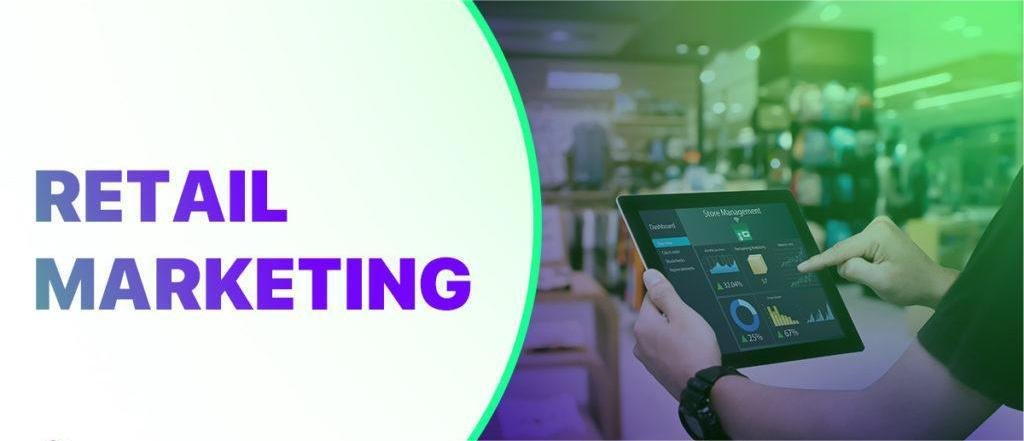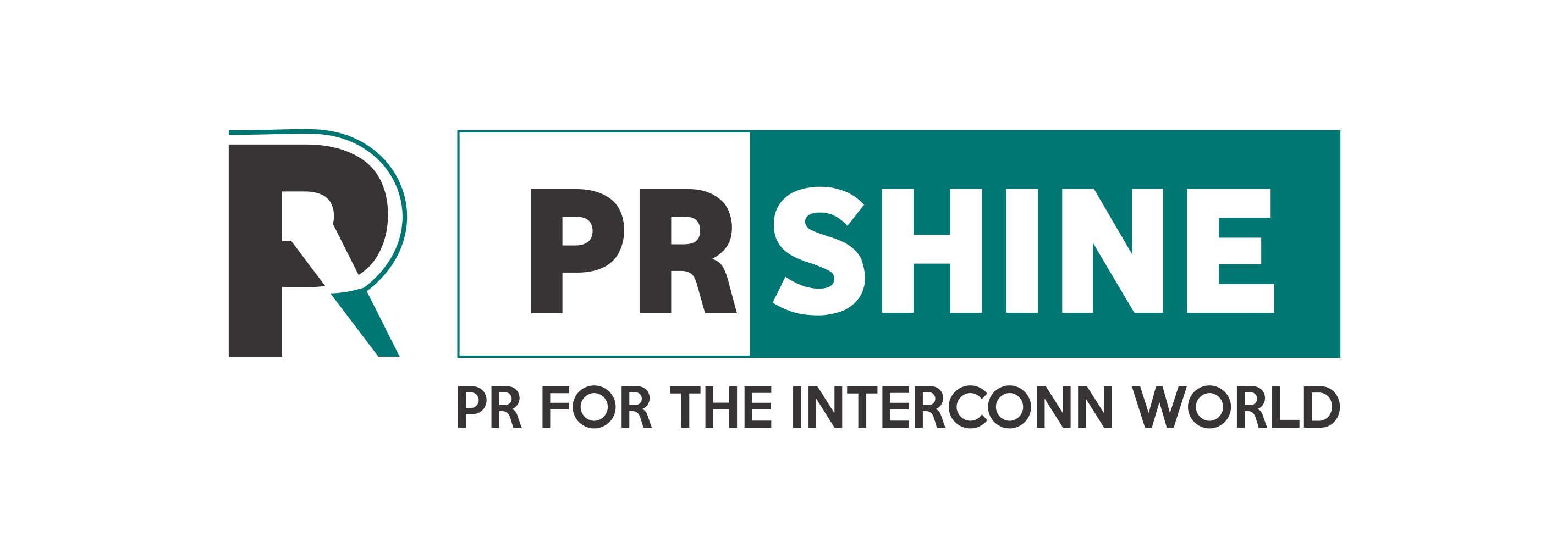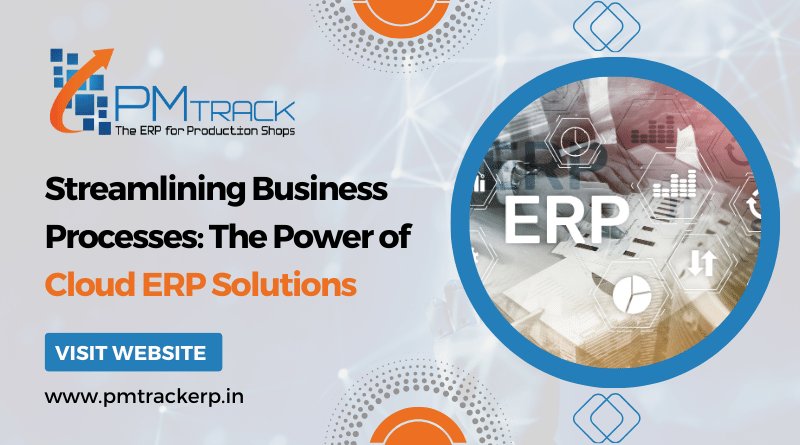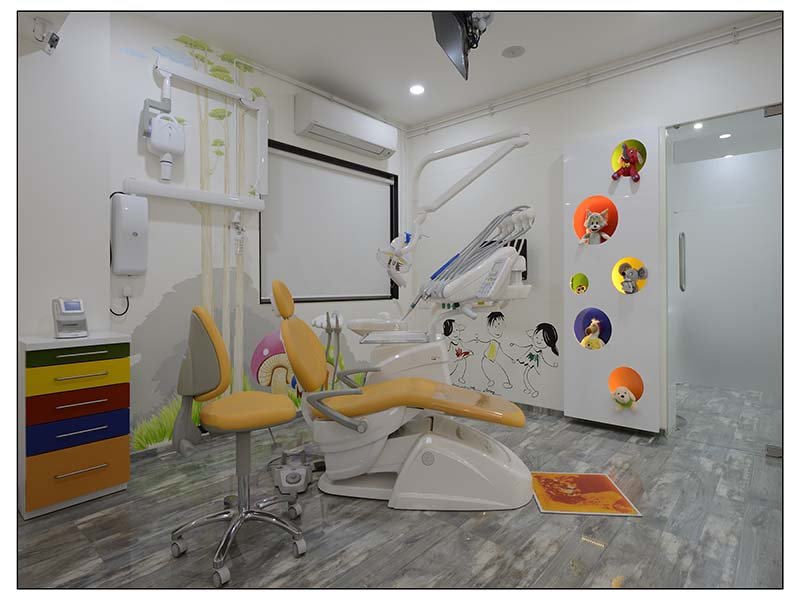Investing in SEO Services: A Game Changer for Retail Marketing

In today's competitive digital landscape, businesses must find innovative ways to stand out and attract customers. For retail marketers, this challenge is particularly pressing. As more consumers turn to online shopping, the importance of a strong digital presence has never been greater.
One of the most effective strategies for enhancing this presence is investing in Search Engine Optimization (SEO) services. SEO is the practice of optimizing a website to rank higher in search engine results pages (SERPs), thereby increasing organic traffic. This article explores how investing in SEO services for retail marketing can be a game-changer.
The Importance of SEO in Retail Marketing
Visibility and Reach
SEO is crucial for improving a retail website's visibility. When potential customers search for products or services that your business offers, you want to appear at the top of the search results. Higher visibility translates to increased traffic, as users are more likely to click on links that appear on the first page of search results.
- Organic Traffic: Unlike paid advertisements, organic traffic is cost-effective and sustainable. A well-optimized website continues to attract visitors long after the initial investment.
- Local SEO: For retail businesses with physical locations, local SEO is essential. It ensures that your store appears in local searches, driving foot traffic from nearby customers.
Building Trust and Credibility
Websites that rank higher on search engines are often perceived as more trustworthy and credible by users. Investing in SEO helps establish your brand as an authority in your industry. This trust can be particularly valuable for retail businesses, where competition is fierce, and customer loyalty is crucial.
- User Experience: SEO isn't just about keywords and backlinks; it's also about improving the overall user experience. A well-optimized site is fast, mobile-friendly, and easy to navigate, all of which contribute to a positive customer experience.
Key Components of SEO for Retail Marketing
Keyword Research and Optimization
Keyword research is the foundation of any successful SEO strategy. It involves identifying the terms and phrases that potential customers use when searching for products or services similar to yours.
- Targeted Keywords: Use tools like Google Keyword Planner, SEMrush, and Ahrefs to find relevant keywords. Focus on long-tail keywords, which are more specific and less competitive.
- On-Page Optimization: Incorporate these keywords naturally into your website's content, including titles, meta descriptions, headers, and product descriptions.
Content Marketing
High-quality content is essential for attracting and retaining customers. Content marketing involves creating valuable and relevant content that engages your target audience.
- Blog Posts: Regularly publish blog posts that address common questions and concerns related to your products. This not only helps with SEO but also establishes your brand as an authority in your industry.
- Product Descriptions: Ensure that your product descriptions are detailed, informative, and optimized for search engines. Avoid duplicate content, which can negatively impact your SEO efforts.
Technical SEO
Technical SEO involves optimizing the technical aspects of your website to improve its performance and visibility.
- Site Speed: A fast-loading website is crucial for both user experience and SEO. Use tools like Google PageSpeed Insights to identify and fix performance issues.
- Mobile-Friendliness: With the increasing use of mobile devices, having a mobile-friendly website is essential. Implement a responsive design that adjusts to different screen sizes.
- Structured Data: Use schema markup to provide search engines with additional information about your products. This can enhance your listings with rich snippets, which can increase click-through rates.
Link Building
Link building is the process of acquiring high-quality backlinks from other websites. Backlinks are one of the most important ranking factors in SEO.
- Guest Blogging: Write guest posts for reputable blogs in your industry. This not only helps with backlinks but also exposes your brand to a broader audience.
- Influencer Outreach: Collaborate with influencers to promote your products. Influencers can provide valuable backlinks and drive traffic to your site.
Measuring the Success of Your SEO Efforts
Investing in SEO is a long-term strategy, and it's essential to track your progress and measure the success of your efforts.
Analytics Tools
Use analytics tools to monitor your website's performance and gain insights into your SEO efforts.
- Google Analytics: Track key metrics such as organic traffic, bounce rate, and conversion rate. Analyze which pages are performing well and identify areas for improvement.
- Google Search Console: Monitor your site's presence in Google search results. Identify and fix any issues that may be affecting your rankings.
Key Performance Indicators (KPIs)
Establish KPIs to measure the success of your SEO strategy.
- Organic Traffic: Measure the increase in organic traffic to your website. This is a clear indicator of improved visibility and reach.
- Keyword Rankings: Track the rankings of your target keywords. Aim for steady improvements over time.
- Conversion Rate: Monitor the conversion rate of visitors coming from organic search. A higher conversion rate indicates that your SEO efforts are attracting relevant and engaged customers.
The ROI of Investing in SEO Services
Investing in SEO services can yield a significant return on investment (ROI) for retail businesses.
Cost-Effectiveness
Compared to paid advertising, SEO is a cost-effective strategy. While paid ads require ongoing investment, the results from SEO can last for years with proper maintenance.
- Sustainable Traffic: Once your website is optimized and ranks well, it can continue to attract organic traffic without additional costs.
- Lower Cost Per Acquisition (CPA): SEO can lower your CPA by driving high-quality, relevant traffic to your site.
Long-Term Benefits
SEO is a long-term strategy that can provide lasting benefits for your business.
- Brand Awareness: Higher visibility in search results increases brand awareness. Even if users don't click on your site, they become familiar with your brand.
- Competitive Advantage: By investing in SEO, you can stay ahead of competitors who may not be leveraging this powerful strategy.
Conclusion
Investing in SEO services is a game changer for retail marketing. It enhances visibility, builds trust and credibility, and drives sustainable organic traffic to your website. By focusing on key components such as keyword research, content marketing, technical SEO, and link building, retail businesses can significantly improve their online presence and achieve long-term success. Measuring the success of your SEO efforts and understanding the ROI further underscores the value of this investment. In a competitive digital landscape, SEO is not just an option but a necessity for retail marketers looking to thrive and grow.












